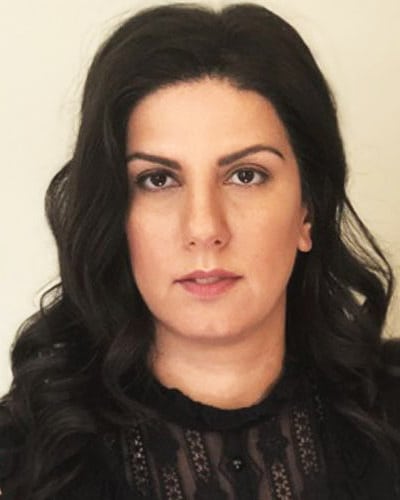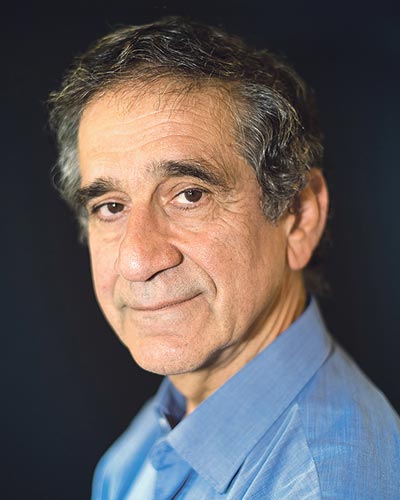“My research focuses on political transitions and the quest for self determination in modern Iran through the prism of successive revolutions and social movements that have taken place since the beginning of the 20th century.
I argue that the century long process of democratization in Iran was frustrated by competing domestic and imperial forces. Thus, the unfolding of the democratic process remains impeded despite recurring mass uprisings, a phenomenon I’ve theorize as “protest cycles”. At no point in its modern history was Iran’s autonomous quest for self-determination free from the interference of empire. Simultaneously, Iran struggled domestically with arbitrary despotism, religious authoritarianism, and other anti-democratic forces. By understanding how these internal and external forces have limited the trajectory of Iran’s quest for republicanism (self-determination, democracy, social justice and rule of law) manifested in ‘protest cycles’ (revolutions and mass uprisings), I worked to develop a theory of collective social actions in the region and beyond. In short, the theory is a blueprint for unraveling and understanding the multitude of forces, both domestic and international, involved in social movements and their quests for democratic self-determination.
This research builds on work I published in 2018: Maral Karimi, “The Iranian Green Movement of 2009: Reverberating Echoes of Resistance”, Rowman & Littlefield; which was well received both by academia and media in Canada, the United States and Europe. In this book, that resulted from my York University MA thesis research, I examined the quest for democratic self-determination of the Green Movement and developed rudimentary concepts for the theory of ‘protest cycles.’
In my current research I am expanding on the theory of ‘protest cycles’ by conducting a socio-historical analysis of Iranian social movements for republican democracy since 1905, focusing on the voices and the narratives of the subaltern: women, ethnics and the working class. My work contributes to academic scholarship on social movements by investigating their emergence in the face of domestic authoritarian conditions of a Middle Eastern regional power as well as foreign imperial aggression.
This model maps the core dimensions of the protest cycles framework, based on my empirical analysis of the three major uprisings in modern Iran: The Constitutional Revolution, the oil nationalization movement and the Islamic revolution. The Causal loop model illustrates a complex set of positive and negative influences and reinforcing dynamics: overall, Republicanism & Citizenship, and Reclamation of National Wealth play a generative role in motivating uprisings and Oppressive Ideologies and Dislocations & Marginalization including women and ethnics), and the Islamic Regime were negatively influential to those aspirations.”
این سخنرانی بخشی از پنل زیر است:
سخنرانی فرهاد خسروخاور، مارال کریمی





